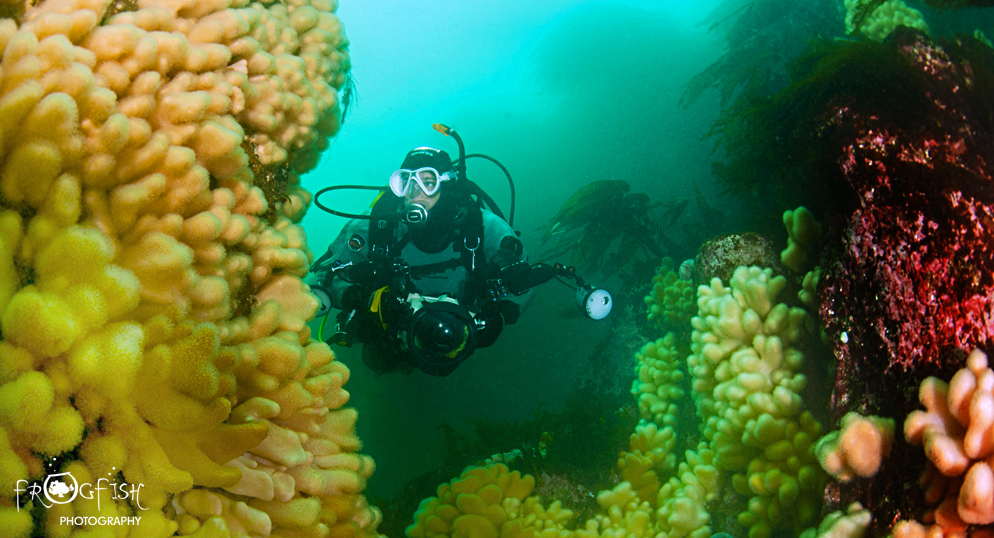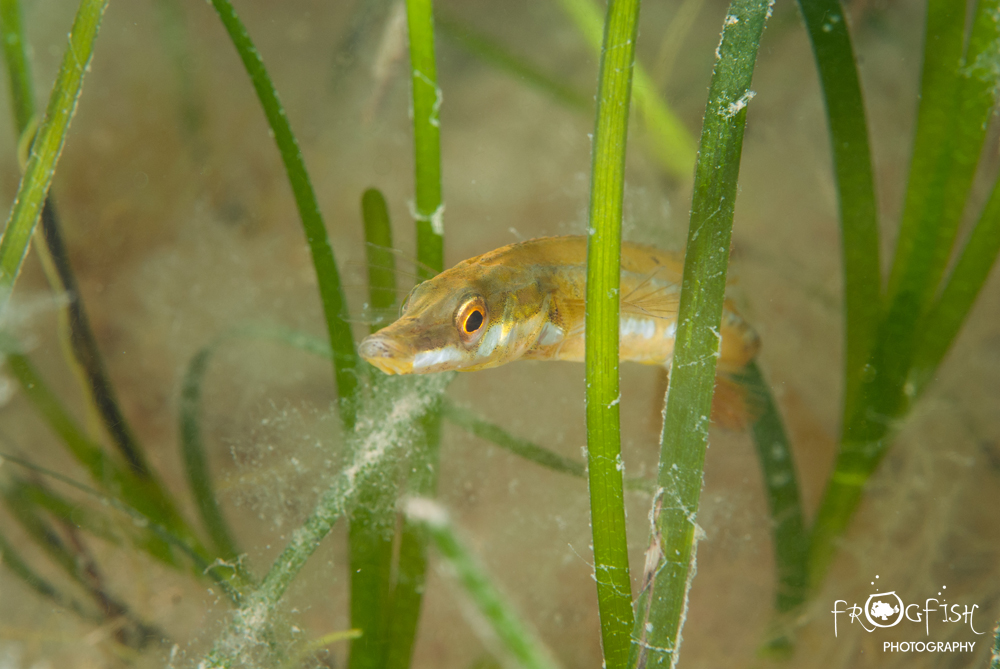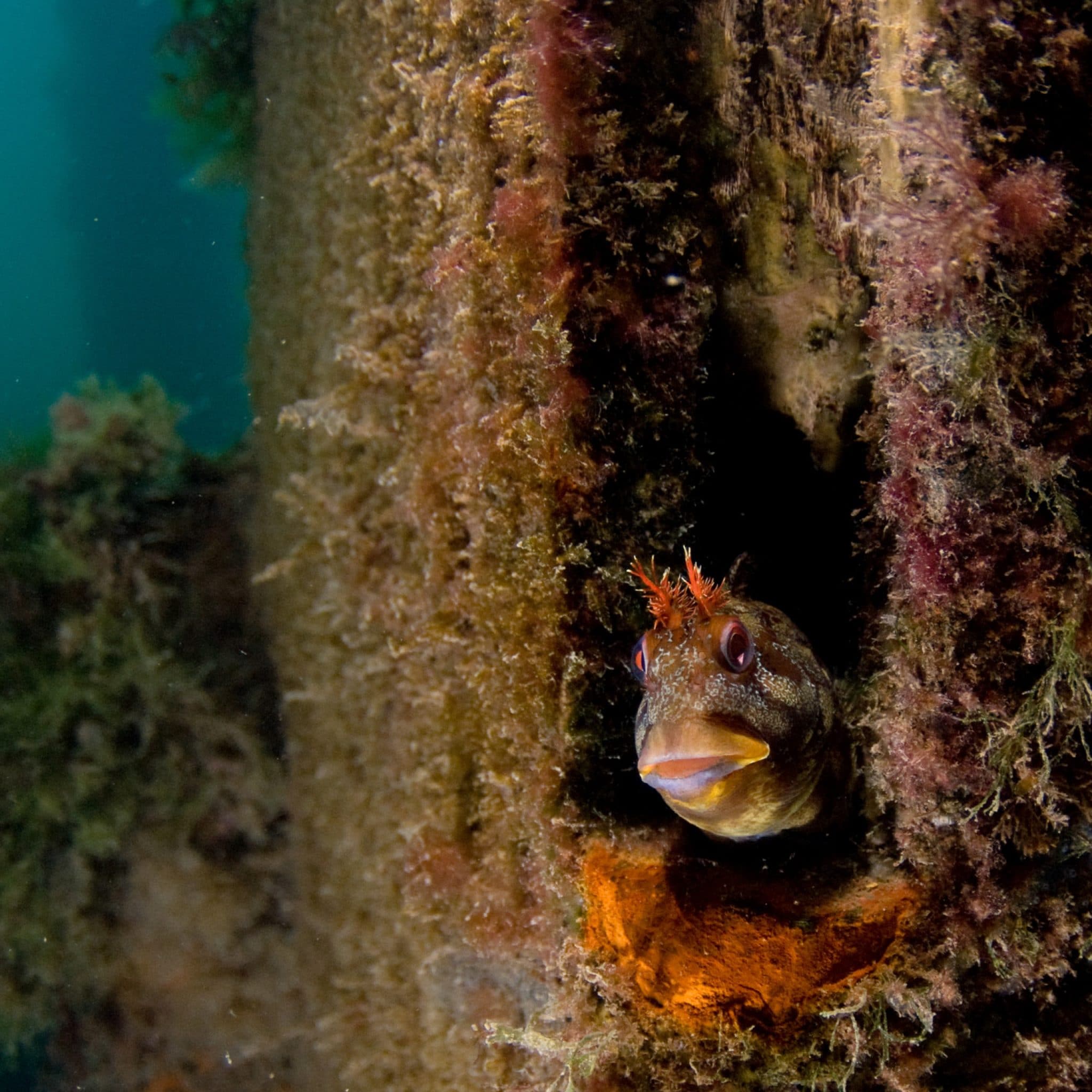News
Expert review backs Marine Conservation Society call for gold-standard protection of UK seas

 Marine charity welcomes the Benyon Review and calls for a suite of Highly Protected Marine Areas to be designated in English seas within a year, after decades of Government stalling.
Marine charity welcomes the Benyon Review and calls for a suite of Highly Protected Marine Areas to be designated in English seas within a year, after decades of Government stalling.
The Marine Conservation Society has welcomed the publication of the Benyon Review into Highly Protected Marine Areas (HPMAs), but warns that another Government report is not enough, and that positive action to recover our seas is urgently needed within 12 months. The review received more than 5,000 responses from the charity’s supporters, who have been calling for the establishment of HPMAs for decades.
HPMAs are ’gold standard’ zones which should offer the best protection for our ocean, banning damaging activities that have decimated wildlife and habitats. They are considered by marine biologists around the world as the most effective mechanism to restore degraded marine ecosystems and recover marine wildlife populations.
The Review, conducted over the past year by a panel of experts, involved consultation with the Marine Conservation Society, other non-government organisations and maritime interests, alongside a public consultation. The Review report calls for the designation of HPMAs in English seas to protect marine biodiversity and important ‘blue carbon’ habitats.
Just like nature reserves and national parks on land, Marine Protected Areas (MPAs) are set up to look after particular seascapes, habitats and species. Of the 355 MPAs in UK seas, only four are fully protected from all extractive activities, covering less than 20km2. All other UK MPAs allow some extractive or damaging activities (e.g. fishing, aggregate extraction, angling etc.) within their boundaries.
The Review recommends that some existing MPAs should be considered for upgrading to HPMA status. This means protection will go a step further for these MPAs by taking a ‘whole-site approach’ to protection, excluding all damaging activities across the site. The Review also recommends that ‘blue carbon’ habitats are identified for HPMA designation, recognising the incredible power of the UK’s marine and coastal habitats such as seabed, seagrass, and saltmarsh to lock down atmospheric CO2 and help combat climate change.
The Marine Conservation Society urges the Government to act swiftly on the review and properly invest in the work to get designations in place by World Oceans Day 2021, at the latest.
Dr Jean-Luc Solandt, Principal Specialist Marine Protected Areas recalled: “The UK government had an important opportunity to designate 65 HPMA sites in English waters back in 2013, but failed to do so, citing a ‘lack of evidence’ and bowing to pressure from industry and fishing lobbyists. As a result, key seabed habitats continue to be damaged and the health of our seas declines. This Review is promising, but means nothing if Government – after decades of delay – doesn’t at last grasp the nettle and get these essential management measures in place with urgency”
Dr Peter Richardson, Head of Ocean Recovery said: “We welcome the conclusions of the Review, which support our long-held view that HPMAs should be introduced in UK waters, and the wishes of thousands of our supporters who also want to see real protection for our marine wildlife and habitats now. The Government has a historic opportunity to make much-needed changes to the way we protect our seas and just needs to get on with it! We have less than 10 years to take action to reduce the worst effects of climate change. Work now to establish a blue-belt of climate-smart HPMAs in our seas will lock down ‘blue carbon’ and help meet our net zero-carbon targets. MCS will use the findings of this Review to push Government to designate HPMAs in English waters within a year.”
Creating HPMAs in the UK’s waters will help return parts of our ocean to the most natural state possible. The Westminster Government has rightly supported extensive HPMA designations in our UK Overseas Territories, but not in the UK’s heavily-used domestic waters. By delivering the recommendations of this Review, the UK can start addressing the apparent imbalance of this approach and make a real difference to the future of our ocean.
For more information on Marine Protected Areas, HPMAs and the Marine Conservation Society’s work to assure healthy seas for the future, please visit www.mcsuk.org.
To read the full Benyon Review on HPMAs, visit here.
Gear News
Introducing the TR-80, IR-50 and CS-30 Regulators from DYNAMICNORD

Whether you are a beginner or a professional diver – with the three new main regulators from DYNAMICNORD, everyone will find their favourite regulator. They all look super stylish.
Excellent performance with the TR-80
Quality and performance are the be-all and end-all for regulators. It is not for nothing that the TR stands for Tec Reg. The innovative design of the TR-80 guarantees absolute reliability – even in ice-cold waters.

Perfect breathing effort at 0.8 J/l / certified for diving in waters below 10 degrees / structural design made of solid brass for best cold protection / membrane-compensated design with dry seal of the first stage / reduced exhalation effort thanks to optimized exhalation membrane and bubble deflector / adjustable Venturi (dive/predive) and adjustment knob for individual inhalation comfort / innovative design of the front cover prevents free-flow in strong currents or when diving with scooters / design made of sandblasted brass, matt chrome finish / 2 HP and 4 LP outlets / mouthpiece made of high-quality, anti-allergic silicone for maximum comfort.


Amazing underwater adventures with the IR-50
The IR-50 is the top regulator for advanced and experienced divers. Natural breathing is the essence of this regulator.

Ideal breathing effort at 0.8 J/l /certified for diving in waters below 10 degrees / compensated membrane / adjustable venturi (dive/predive) and adjustment knob for individual inhalation comfort/ outlet valve and deflector for minimum exhalation effort and reduction of bubbles on the face / design made of sandblasted brass, matt chrome finish / 2 HP and 4 NP outlets / mouthpiece made of high-quality, anti-allergic silicone for maximum comfort.


The Workhorse – our CS-30
For diving centres and diving beginners – the workhorse stands for strong construction, reliability and robustness. Perfect for your training.

Optimal breathing effort at 0.8 J/l /recommended for diving in waters above 10 degrees / non-compensated piston / adjustable venturi (dive/predive) / outlet valve and deflector for minimum exhalation effort and reduction of bubbles on the face / design made of sandblasted brass, matt chrome finish / 1 HP and 3 NP outlets / mouthpiece made of high-quality, anti-allergic silicone for maximum comfort.


Octopus OP-30
The OP-30 is the ideal addition to all DYNAMICNORD regulators. It is identical in construction to the CS-30.

The TR-80, IR-50, CS-30 (DIN & INT) regulators and the Octopus OP-30 are available from DYNAMICNORD dealers and in the online store.
DYNAMICNORD – Your Outdoor Companion.
Marine Life & Conservation
Paul Watson Released as Denmark Blocks Japan’s Extradition Bid

Renowned anti-whaling activist Paul Watson has been released from custody in Greenland after spending five months in detention. Denmark’s Justice Ministry rejected Japan’s request for his extradition, citing insufficient guarantees that his time already served in custody would be credited against any potential sentence.
The 74-year-old Canadian-American was arrested on July 21 in Nuuk, Greenland’s capital, when his ship docked to refuel. His arrest was based on a 2012 Japanese warrant related to a 2010 encounter in Antarctic waters. Japan alleged Watson obstructed operations and caused damage to a whaling research ship during efforts to disrupt illegal whaling. Watson has consistently denied these claims, maintaining his commitment to marine conservation.
Denmark, which oversees extradition matters for Greenland, concluded that while the legal conditions for extradition were met, the lack of assurances from Japan regarding time-served credit made extradition untenable.
In a video shared by his foundation, Watson expressed gratitude and relief, saying, “After five months, it’s good to be out… and good to know they’re not sending me to Japan.” He added that the most difficult part of his time in custody was being separated from his two young sons.
Watson is a pioneering figure in marine conservation, known for founding the Captain Paul Watson Foundation in 2022 after decades of activism with the Sea Shepherd Conservation Society. His bold efforts to defend marine life have earned him widespread support, including from celebrities and conservationists. His work has also been featured in the acclaimed reality TV series Whale Wars.
Watson’s lawyer, Jonas Christoffersen, praised the decision, stating, “We are happy and relieved that Paul Watson is now free.” He added that Watson is eager to reunite with his family and continue his vital work.
The arrest occurred while Watson’s vessel, the M/Y John Paul DeJoria, was en route to the North Pacific with a team of 26 volunteers to intercept a Japanese whaling ship. His foundation described the arrest as politically motivated and emphasized that Watson’s actions were focused on ending illegal whaling practices.
Japan resumed commercial whaling in 2019 after leaving the International Whaling Commission, asserting that whale meat is a cultural tradition. Conservationists, however, continue to challenge these practices, highlighting their impact on marine ecosystems.
Despite the challenges, Watson remains steadfast in his mission to protect marine life and bring attention to whaling practices. His dedication to ocean conservation has made him a globally respected advocate for the environment.
-

 News2 months ago
News2 months agoIconic SS United States to become the World’s Largest Artificial Reef
-

 News3 months ago
News3 months agoBook Review – 52 Assignments: Underwater Photography
-

 Gear News3 months ago
Gear News3 months agoDYNAMICNORD – New German diving brand enters the British market
-

 News3 months ago
News3 months agoExploring Cenote El Pit: A Diver’s Dream
-

 Gear News3 months ago
Gear News3 months agoTry BARE drysuits (and maybe even win one!) this Friday with Sea & Sea at North West Dive Fest
-

 Marine Life & Conservation3 months ago
Marine Life & Conservation3 months agoBook Review: Coral Triangle Cameos
-

 Blogs2 months ago
Blogs2 months agoDive the Egyptian Red Sea this Autumn with Regaldive
-

 News3 months ago
News3 months ago2024 Ocean Art Underwater Photo Competition Announced


















